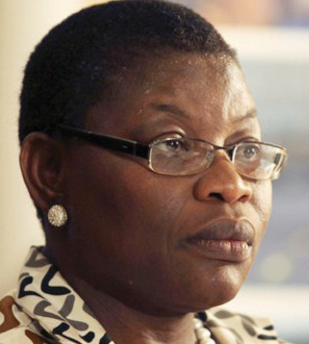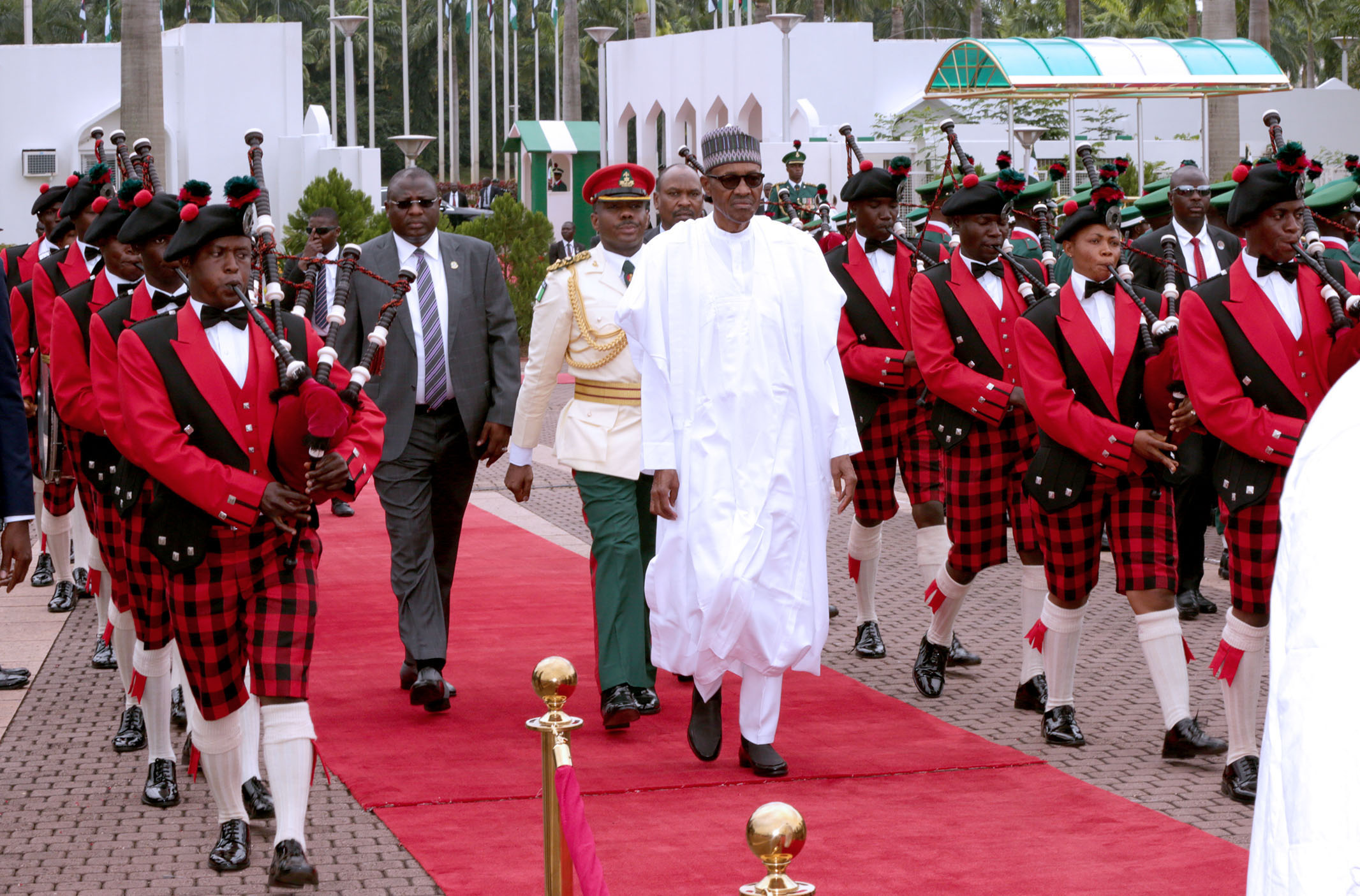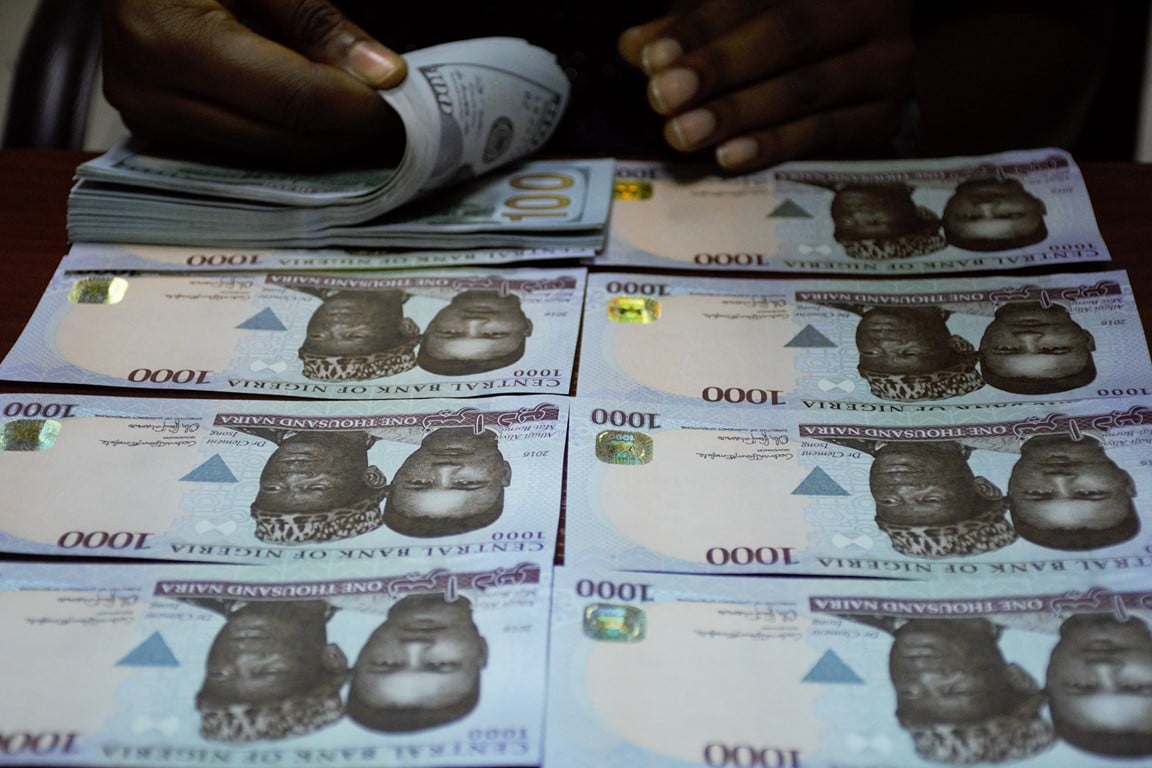As if the current unclear economic policy context was not disconcerting enough, the sudden emergence of a raging debate on the sale of public assets has escalated one’s fears that easier things seem to appear more attractive to the government. Yet, in public policy, it is wise to be wary of the easiest options.
As a pro market economy advocate, I inherently support any programme of government that will help roll back the public sector from the economy because economic evidence shows this to be almost always correct. However, lacking the sound economic management and policy context as yet, I am presently opposed to what sounds like a proposal for “distress option” sale of public stakes, especially in NNPC and NLNG.
But the government can proceed urgently through the Bureau of Public Enterprises (BPE) to sell off those cesspools of corruption in our petroleum sector otherwise known as refineries. Their sale would in fact amount to fiscal savings beyond the proceeds and should therefore be supported by all.
I am opposed to the sale of any productive assets like the NLNG because there seems to be no clear economic vision and rigorous analytics to serve as the anchor for such a major policy thrust. We need well deliberated policies from our government including the plans for revitalization of the programme of privatization being run by BPE to properly situate public debate of economic structural change agenda. After all, even in our country, there is now proof that the economy can relatively respond to deliberate, well thought and rigorous analysis of context and sound policy options in resolving growth and development problems.
Advertisement
The evidence that backs this is that it was a modest range of such sound economic policies that helped deliver an average of 5-6 percent growth of our economy on a sustained basis over a long period of nearly a decade and half. It was only recently at the end of 2015 that growth dropped to below 3 percent.
True, the relatively impressive economic growth rate did not resolve the major challenges of poverty, unemployment and inequality. That 61 percent of our population is poor, according to the Nigerian Bureau of Statistics (2011 Household Survey) is indicative of how growth and poverty reduction can often times disconnect. Also, according to NBS, unemployment rate stood at 10.5 percent at end of 2015 and grew to 13.3 percent by the second quarter of 2016, revealing that the economy is severely failing to absorb new entrants into the labor market — especially the 2-2.5 million youths that seek to do so annually.
With a high income inequality rate of .4 Gini-coefficient instead of a score closer to a perfect zero, the gap between our top income earners and the majority bottom poor earners is one of the highest in the world and is the reason why Nigeria stands at number 26 out of 190 countries.
Advertisement
So, yes again, there are very deep challenges that growth did not yet resolve for Nigerians since the early 2000s when it became normal in the economy.
However, we can objectively admit that if we had not grown steadily at those higher rates from 2003 – 2014, the economy would not have expanded as significantly as it did in the sixteen years of our 1999 cycle of democracy. The expansion of our GDP offered more diverse opportunities in sectors like telecommunication, agriculture and agri-business, entertainment and services.
In real human terms, a growing economy provided more and newer opportunities for citizens than was the case during the lost decades of the 80s and 90s known mostly for no, low or negative growth. The concept of economic growth must therefore not be derided nor dismissed as some usually do.
The fundamental anchor for Nigeria’s long period of economic growth was, when starting since 2003, policy makers managed to achieve macroeconomic stability through an effective mix of monetary, fiscal and some measure of structural policies. Whereas not many citizens would normally concern themselves with the rather arcane concepts that engage the minds of economic and finance technocrats; yet, growth policies are fundamental to economic progress of individuals, households, governments and businesses. This is becoming obvious to Nigerians in the last twelve months as more citizens now better see the relationship between growth and the fact that some who once had a job no longer have one.
Advertisement
What then was the genesis of the loss of economic growth? It came from the fact that we learned nothing from previous mistakes in the manner of poor governance of resources, especially oil earnings. Nigeria was once again extravagant during the most recent five years of oil boom.
That this happened even after the country turned the corner in 2003 when it set up oil-based fiscal rules on how best to save in plenty in order to prepare for the lean period, is all the more disappointing. Regrettably, in the period between 2010 and 2014 when oil prices were exceptionally high and several other oil-rich countries were accumulating reserves, Nigeria was acting out an alternate reality. We were incongruously borrowing during plenty to expand the consumption habits of all the levels and arms of government.
The parlous state of the Nigerian economy on 29th May, 2015 should therefore have instructed an incisive and urgent macroeconomic stabilization programme to realign price levels in the economy. If a menu of sound monetary and fiscal policies that the economy needed on May 29, 2015 had been provided, it would have sent the right signal to players that there was no cause for alarm. Had the government made quick and necessary adjustments that corresponded close enough to the level of impact that a 40 percent sharp drop in government oil revenue necessitated, the story would most likely be less negative today.
There is a new level that our post 2014 oil-shocked economy must find for stability in order to stop tottering reason and so we do need a string of policy responses that can enable this happen quickly. Such responses would have helped the economy absorb the shock, reassured investors and consumers, and thereby helped reasonably retain investor confidence. But that did not happen. The attendant fiscal pressure and the delayed right policy response were severe enough that by the end of 2015, economic growth sharply declined to 2.7 percent.
Advertisement
It was a major mistake that the economy did not get the timely and right type of policies that could have helped us avoid the calamitous collapse into negative growth in the last two quarters of 2015 that finally led us into a recession. The signals of statist economic policy preferences did in fact worsen matters and set off the wave of uncertainty that dented investor confidence in the economy. So, it is accurate to conclude that both the preceding and the successor governments conspired by their actions and inactions to throw the Nigerian economy into the deep rut from which it must be rescued to avoid social implosion.
The record of the government for timely and right action on the economy is however so far not encouraging. For almost one year, the government delayed right action on the fuel subsidy regime despite its aggravating impact on fiscal imbalance. Over the same period it delayed the right action on exchange rate policy despite its deleterious impact on foreign reserves, the value of the Naira and the rate of inflation. The government finally retraced its steps on the wrong petroleum subsidy regime and fixed exchange rate policies some five and four months ago respectively.
Advertisement
But the design and implementation of those policy changes were half hearted and therefore remain doubtful in their fiscal and monetary impact. The reluctance to fully embrace tested and sound policy options was what minimized the salubrious impact that the two highlighted key policy changes would ordinarily have had on stabilizing the economy.
With inflation- nay, stagflation- now at high double digits of 18% , with the decline of foreign reserve from $37.3 billion at end of 2014 to $25billion in September 2016, with an “administrative-floating ” exchange rate regime that still creates enormous opportunities for corruption and rent seeking arbitrage, with a high interest rate that poses a stress for the financial sector because of deteriorating bank asset quality as well as for limited access to credit by the real sector, with a continuously declining aggregate demand, with a shrinking gross domestic product, with 2016 budget deficit level of $11billion that still has unclear sources of financing; what more do we need before citizens stepped up a demand for the government to retrace its steps from its string of unsound economic policies?
Advertisement
All the sobering data are indicators of hugely deteriorating macroeconomic indices. The more such indices deteriorate, the harder it is for growth to resume. The macroeconomic stability that poor choice of economic policy helped to unravel within one year had itself taken many years of arduous work to achieve. When therefore one hears the rather simplification of the economic recovery antidote being espoused by the government as “we shall spend our way out of recession”, it heightens anxiety. When one further hears that the sale of assets- especially some productive ones – is being proposed as key contribution to the Budget 2016 deficit financing options of the government, the immediacy of opposing such intention becomes self evident.
For Nigeria therefore, the most critical challenge that needs resolving is how to convince the federal government to urgently retrace its steps back to what it failed to do since 29th May, 2015. First, it failed to launch a deep fiscal consolidation program. Second, monetary policies failed to adjust to reflect new realities. Third, the government failed to present the most ambitious structural reforms ever that can materially improve the productivity and competitiveness of all potential existing and new sources of economic growth.
Advertisement
The third action could achieve the four decade-long diversification goal and help build a resilient economy that is insulated from the volatility of oil prices in the future.
These three broad actions were and still remain the key things mandatory for the economy to regain the lost macroeconomic stability that will drive growth recovery, move us to economic development and shared prosperity.
It is good economics to stimulate economy through increased government spending in a time of recession. So, there is a place for the stimulus spending proposed by the government. However, the economic vision that will arrest the macro imbalance in the short run must be deeper than the proposed plan to “spend, spend and spend”. After all, if massive government spending were to be the solution that can fix our economic failures, then they should never have happened in the first place based on our public expenditure record. Government spending has been the albatross of our economy.
The current administration has not communicated any persuasive basis for assuming that it’s proposed spending will achieve a different set of outcomes without being anchored first on sound economic policies. The current language of “massive spending” is therefore very unnerving because it is not accompanied with a corresponding agenda for massive restructure of the behemoth and the governance system that easily widens its mouth to gulp the largest scale of public resources.
By the way, whatever happened to the report of the Presidential Committee on the Rationalisation and Restructuring of Federal Government Parastatals, Commissions and Agencies which found that the cost of governance in Nigeria is one of the highest in the world? Did the report not recommend the scrapping of 102 statutory agencies on which we continue to spend scarce resources? Where is the fierce urgency required to implement this game changing report that can help roll back one of the most unproductively expensive governance architecture in the world?
I have a simple message: The Federal government should do the right first things, first. Change should begin with those who promised Change!
Ezekwesili is senior economic adviser of the Africa Economic Development Policy Initiative
Add a comment







